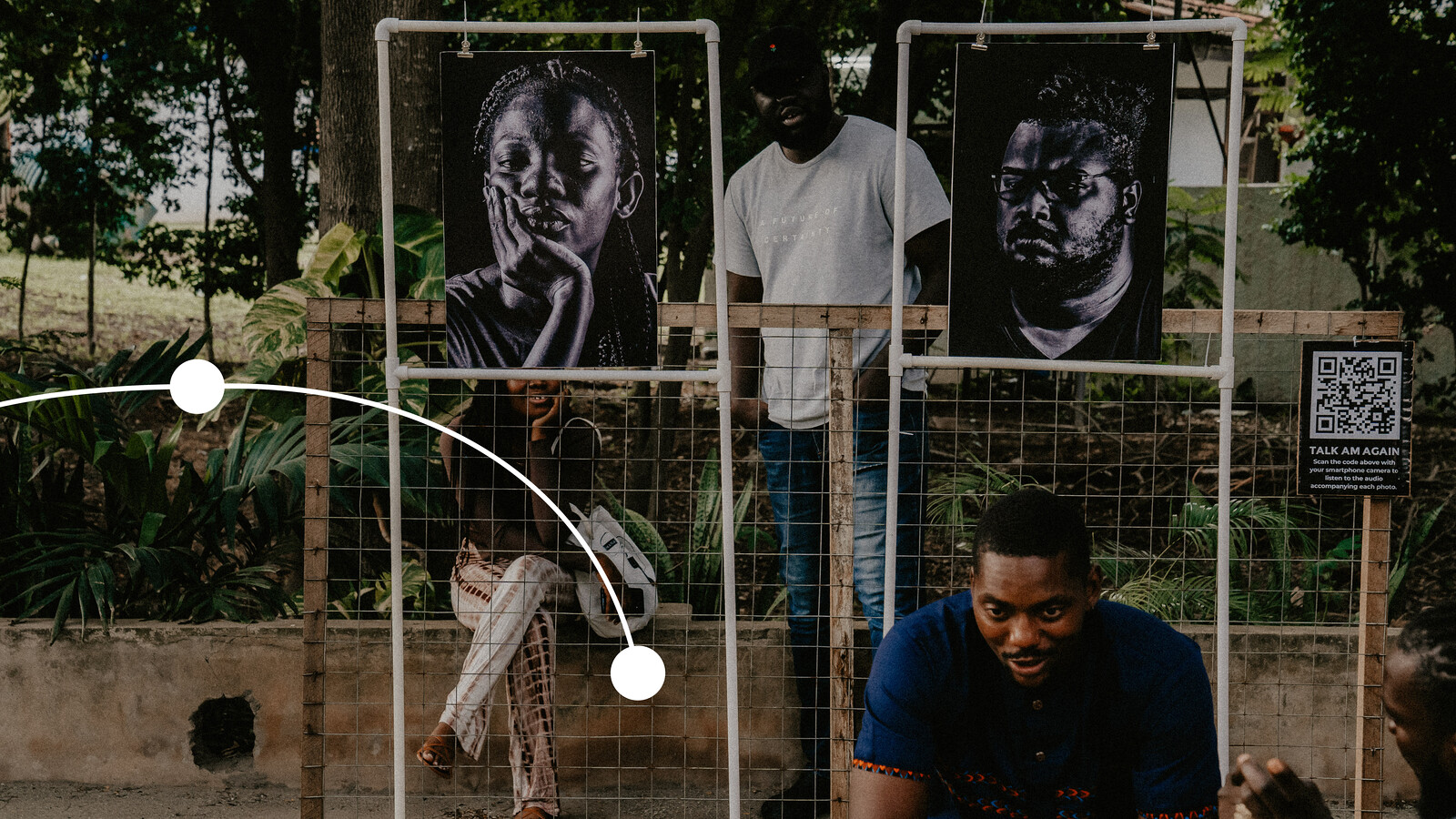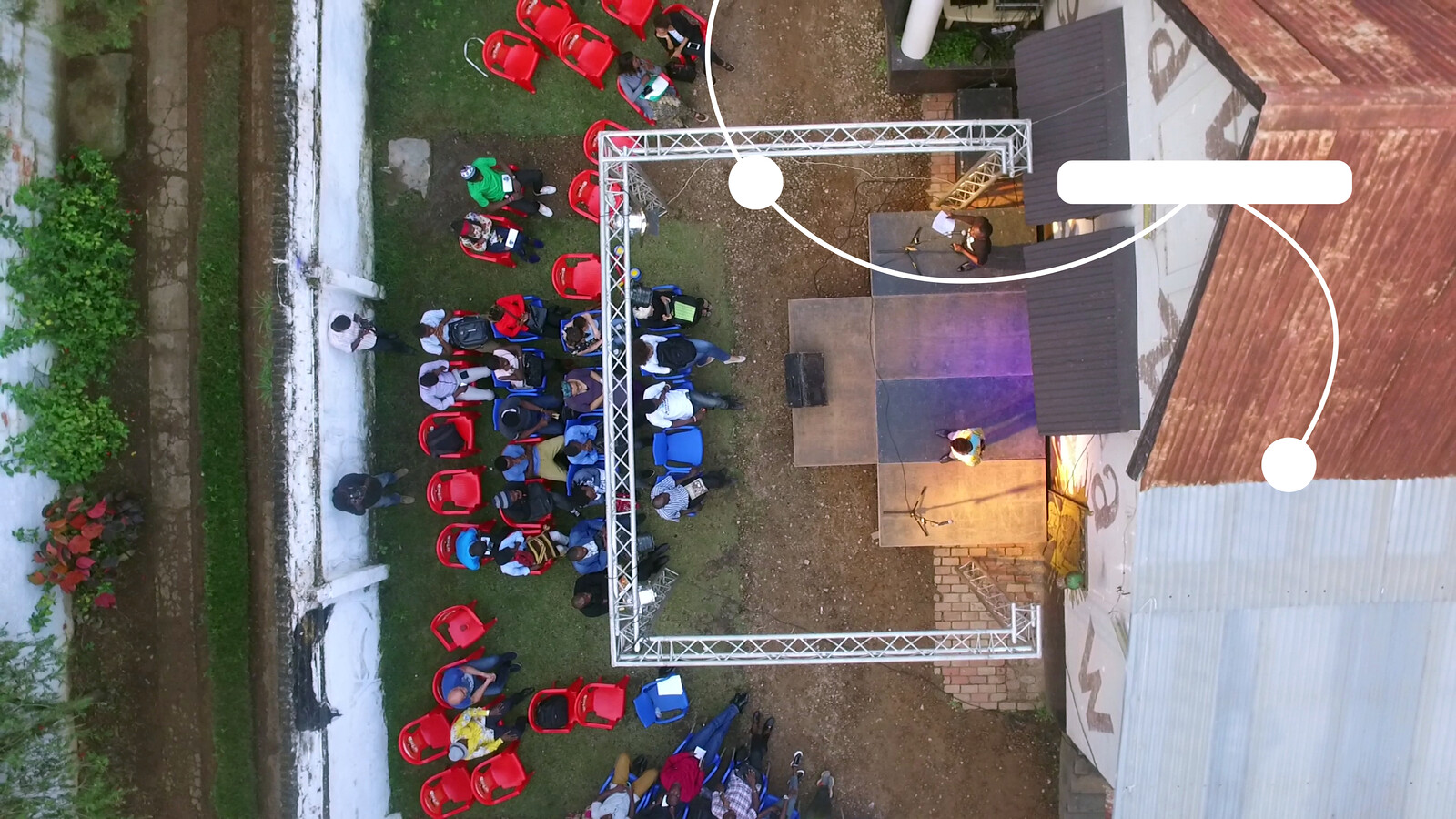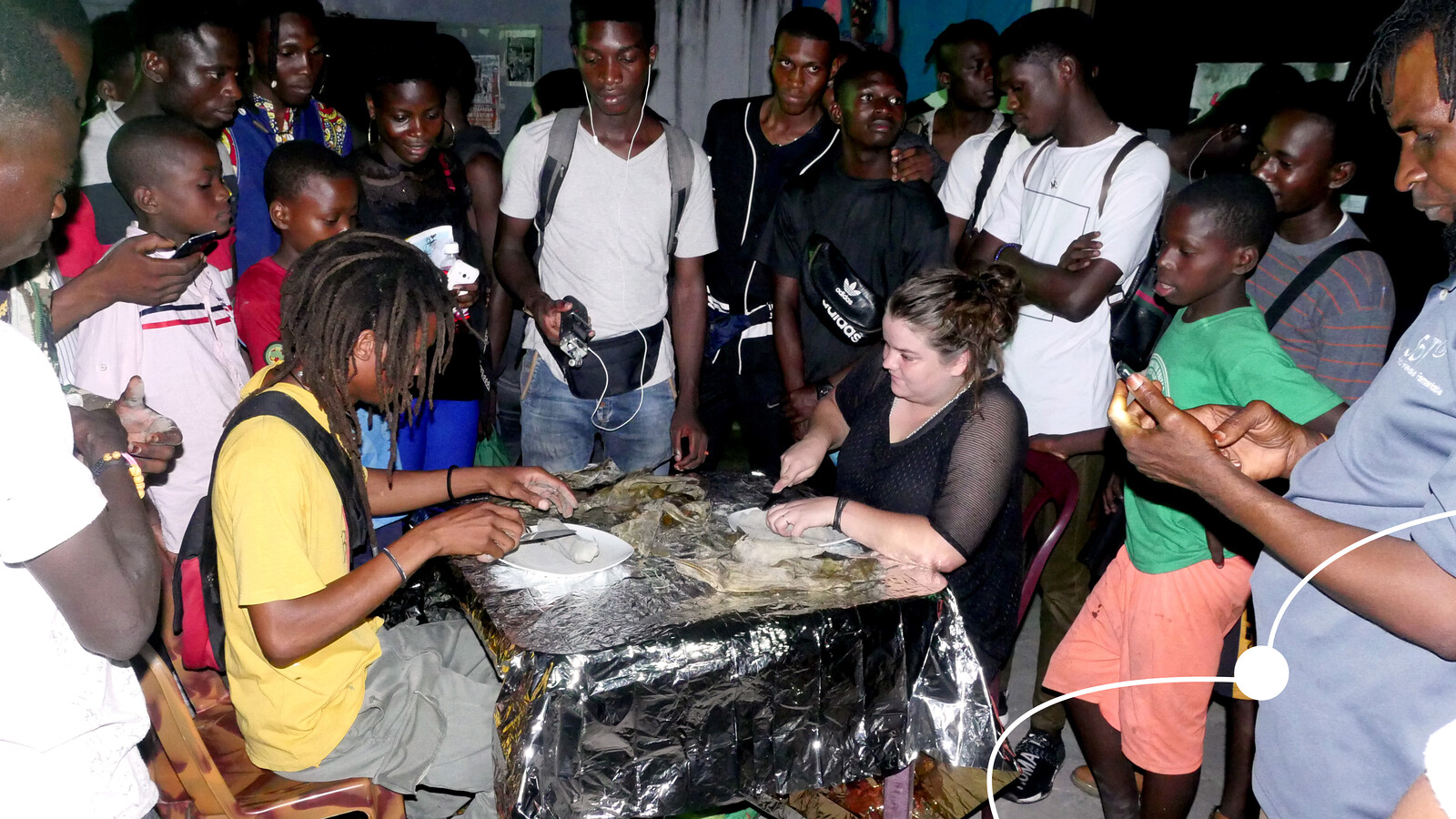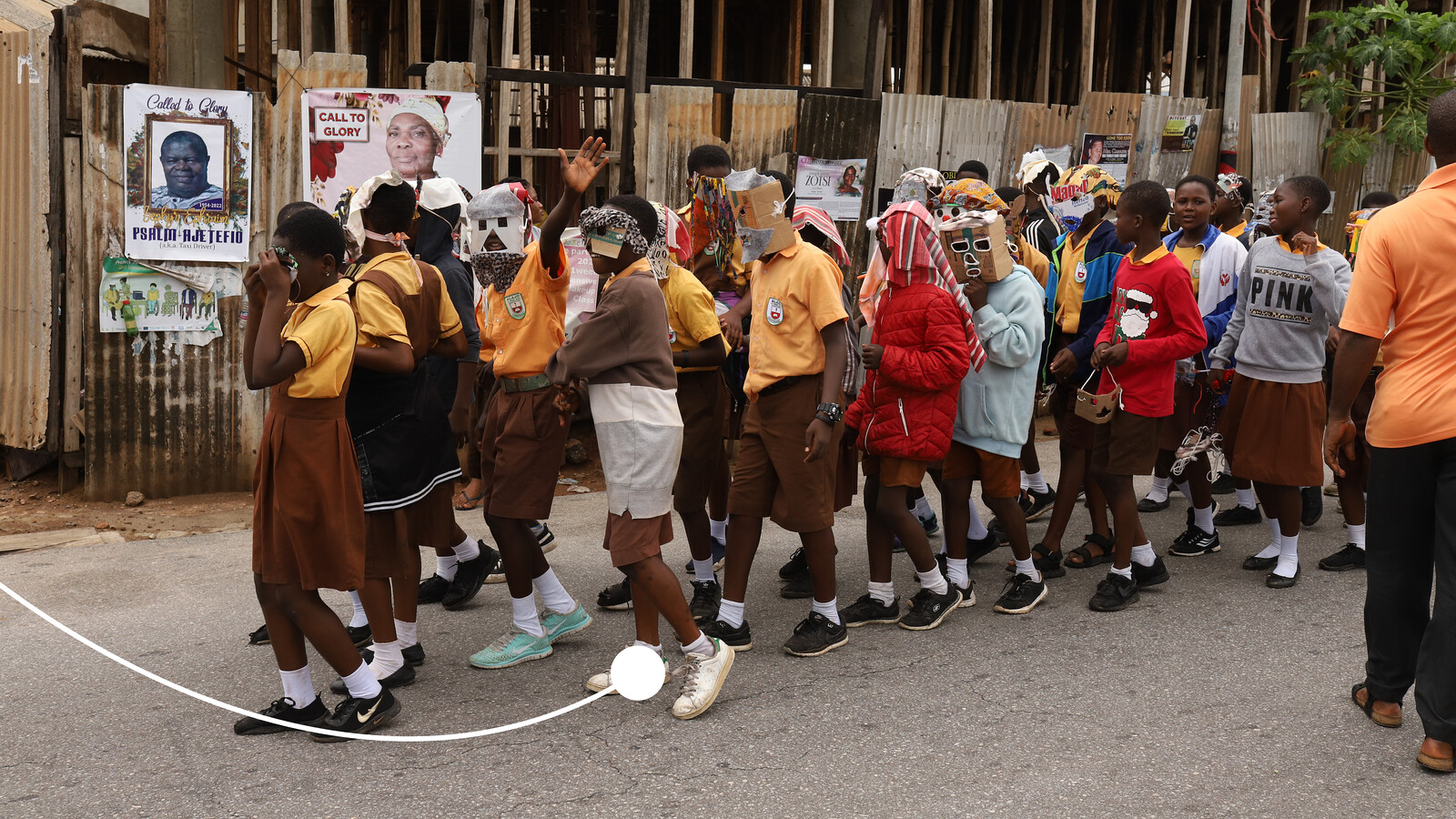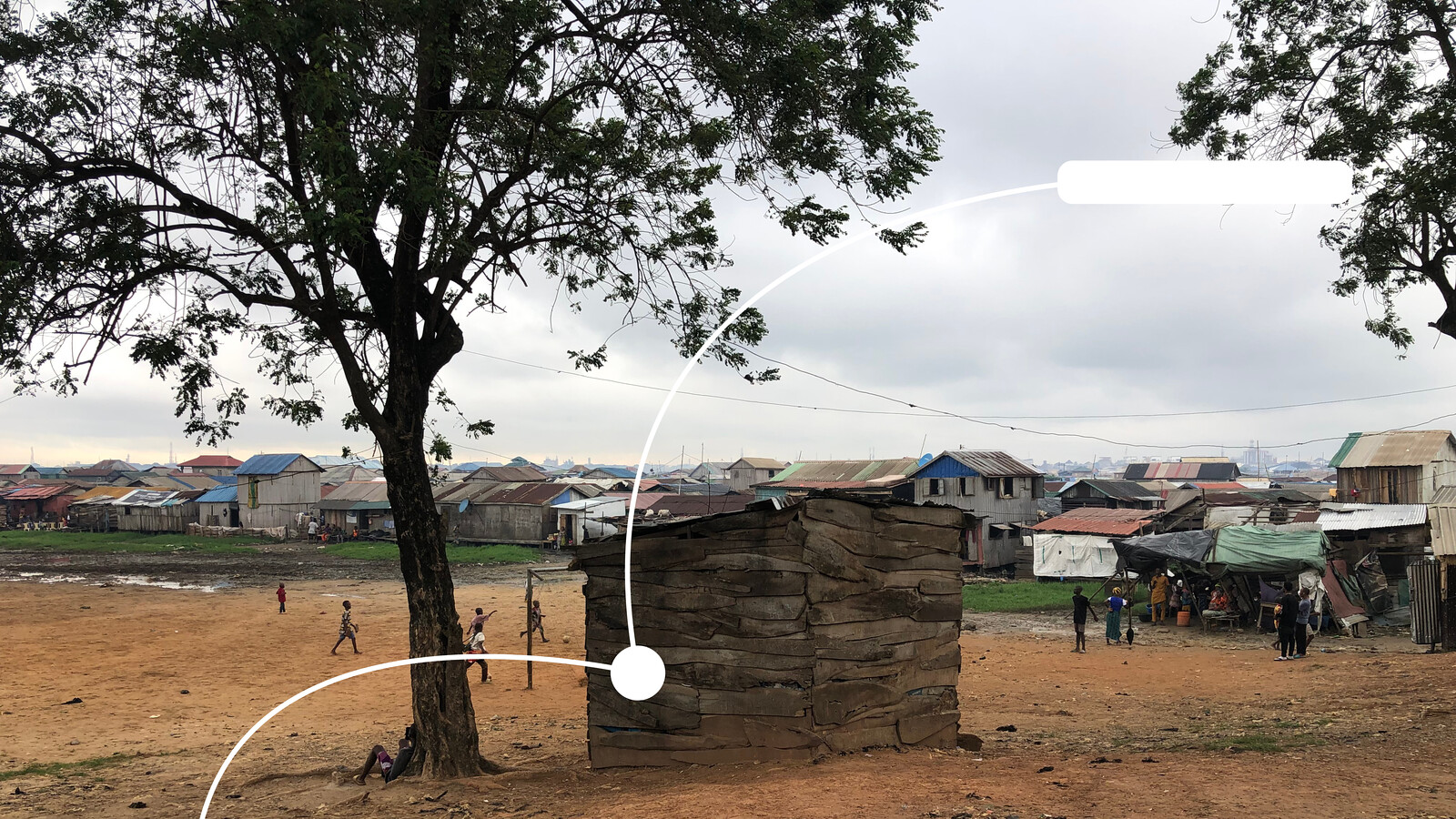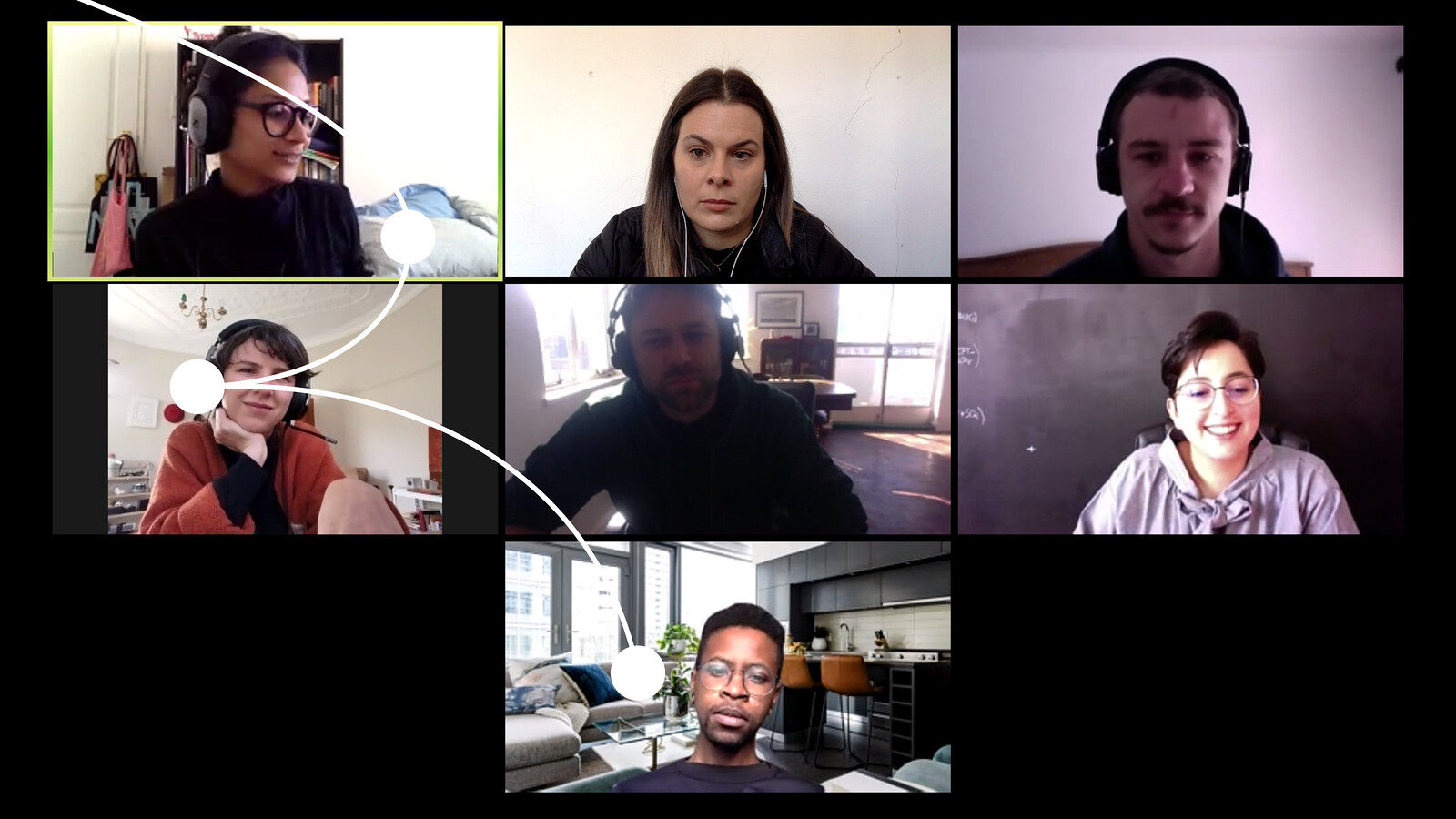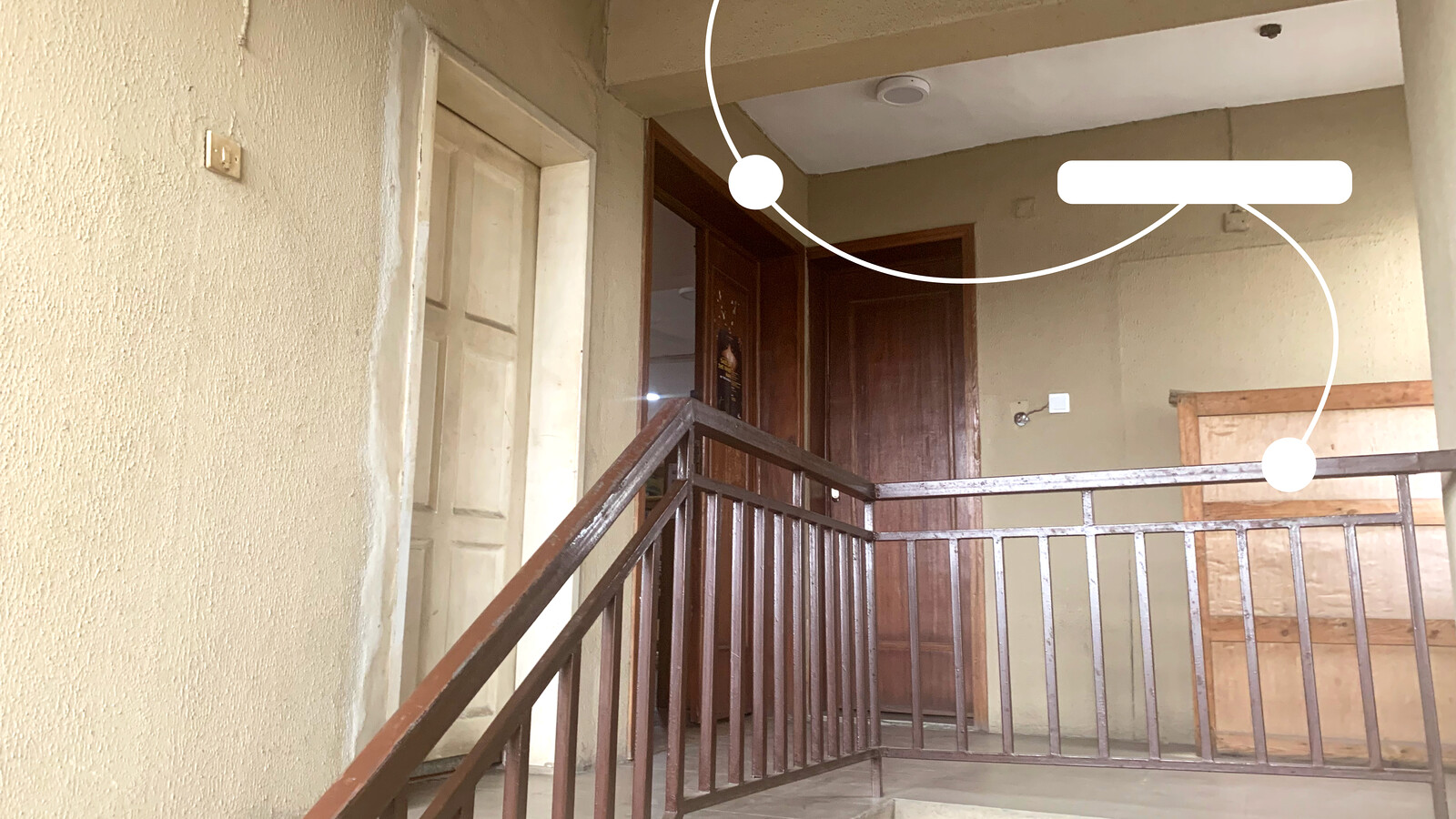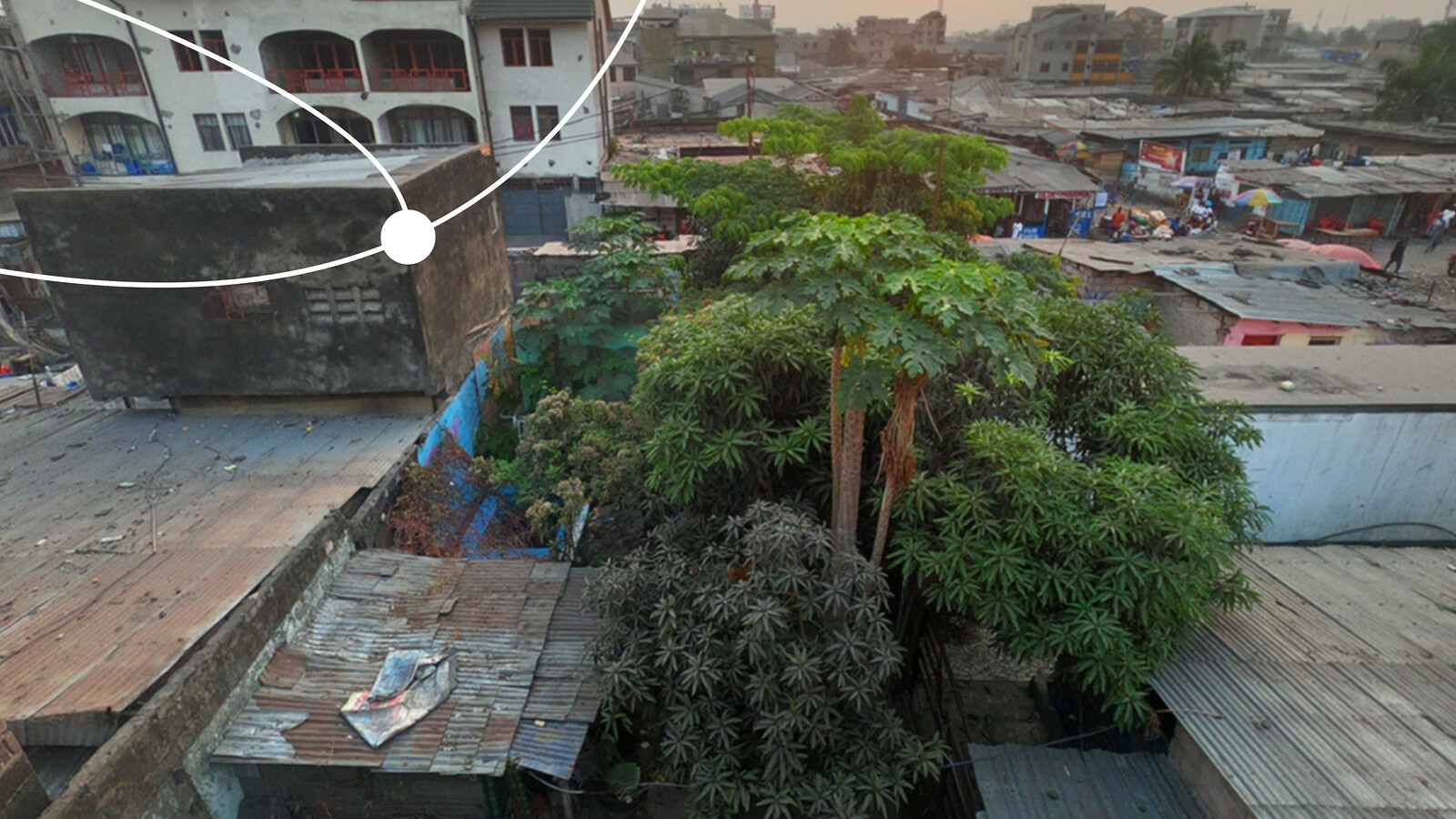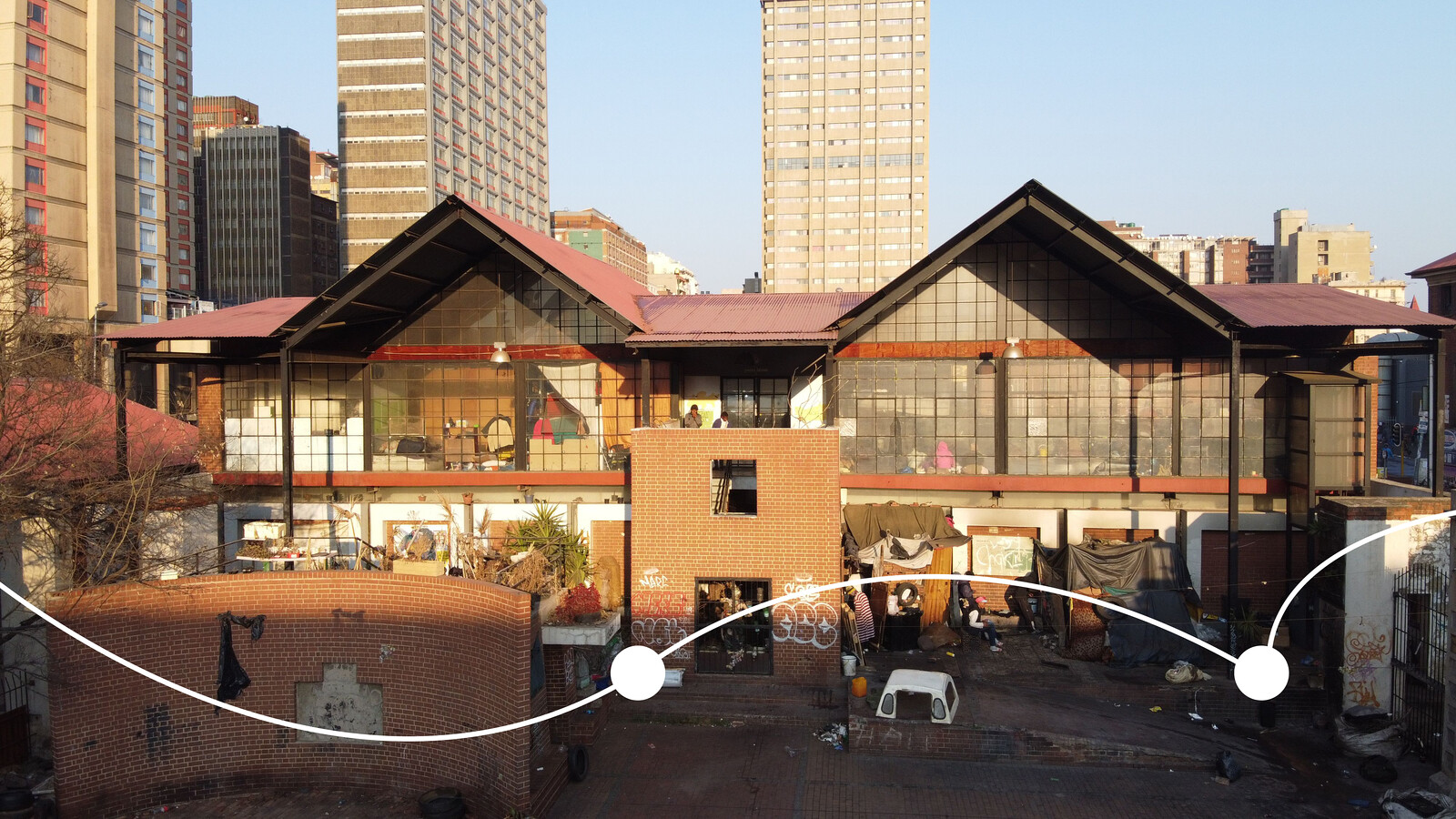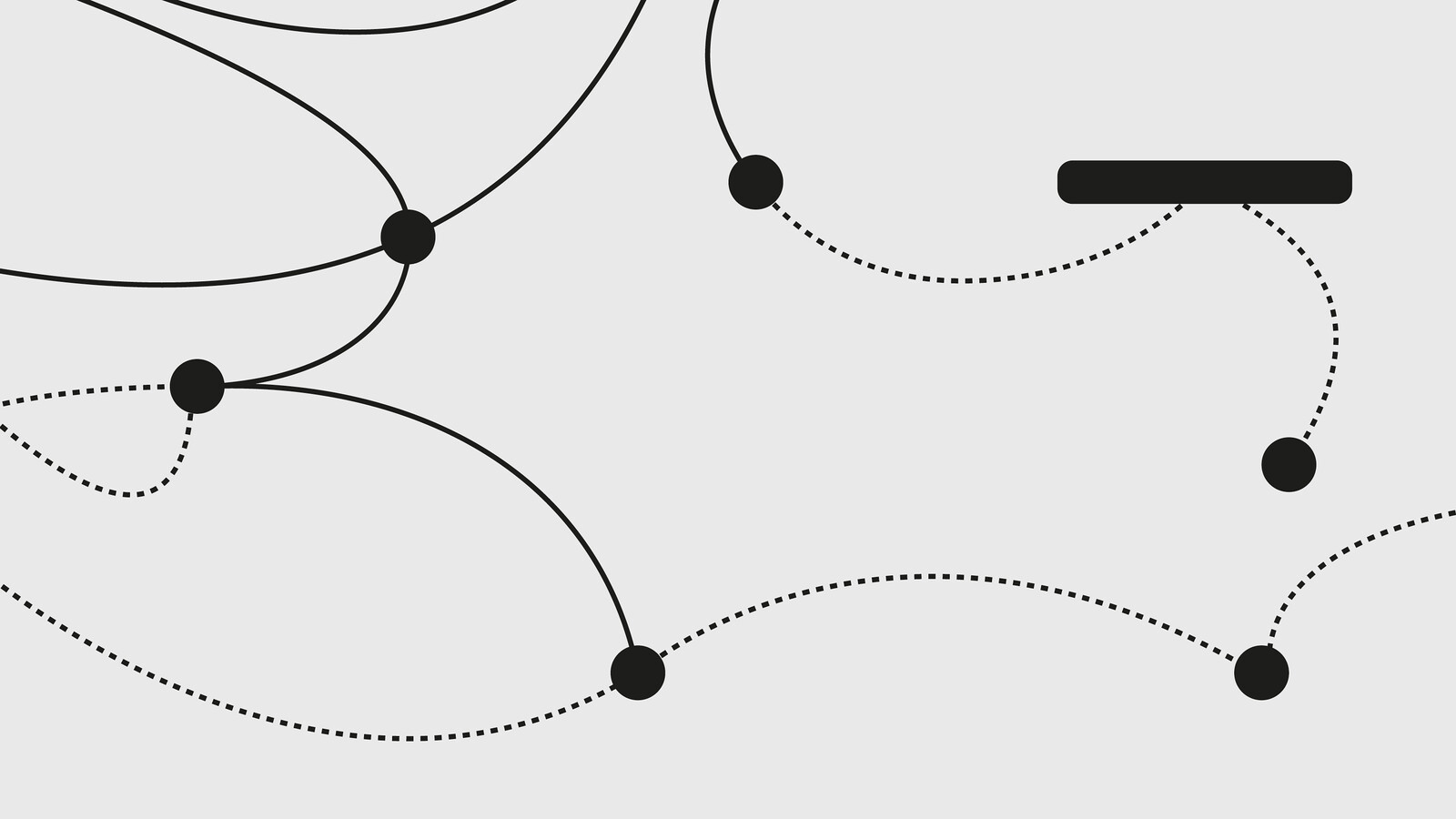Elisabeth Efua Sutherland
A growing collection of shipping containers, arranged in a modern take on traditional courtyard house configurations. A front garden shaded by mature copper pods and a series of short walls. A round concrete seat with a wooden bench. A tiny urban farm growing local vegetables and herbs—nkontommire, akoko mesa, borkorborkor, nkruma, ntrowa—fed by compost and cuttings from friends, and harvested by the small hands of neighboring children. A half-finished library. Paintings and pictures and collections of old papers. An overused rehearsal room, stocked with things meant for dancing and stretching but also repurposed for jam sessions and taking quiet naps in the heat of the afternoon.
To some people, it’s a barely noticeable gate in the slip road by a busy highway, concealed by a splatter of potted plants and tall trees. To others, it’s a curiosity, an enigma, either a place of derision or wonder. It’s good, bad, confusing, needed, comforting, unsettling, too broad, and too specific by turns.
To me, it’s a haven and my fortress. I started this project as a battle for space, for a place to be able to express myself in the only ways I know how—through the arts, through community and communing, by building and moving and thinking. I had an awareness of the city and the context, the people and the needs around me, but I had a vision that needed to transcend the accepted ways of doing things, and the formulas that went alongside. The path has been difficult, expensive, and lonely, but the process of building a new system involves pain, breaking down old stereotypes and expectations, learning and unlearning and relearning on many levels. I have gathered many friends and supporters along the way, and I am grateful for every single one of them. The land on which the project stands is ancestral and links me to a generation before me, their achievements, their mistakes, their heritage of knowledge of self, nation, culture, spirituality. This heritage resonates through the neighborhood, through my work and through me, a weight that we carry forward as we negotiate what it means to make space for art, for ways of thinking and being and doing that can lift us up from our place in the world. Terra Alta is, for me, a push always towards higher ground.
But to other people, what exactly is it? Who is it for? What does it do, really? We asked our community to help us answer.
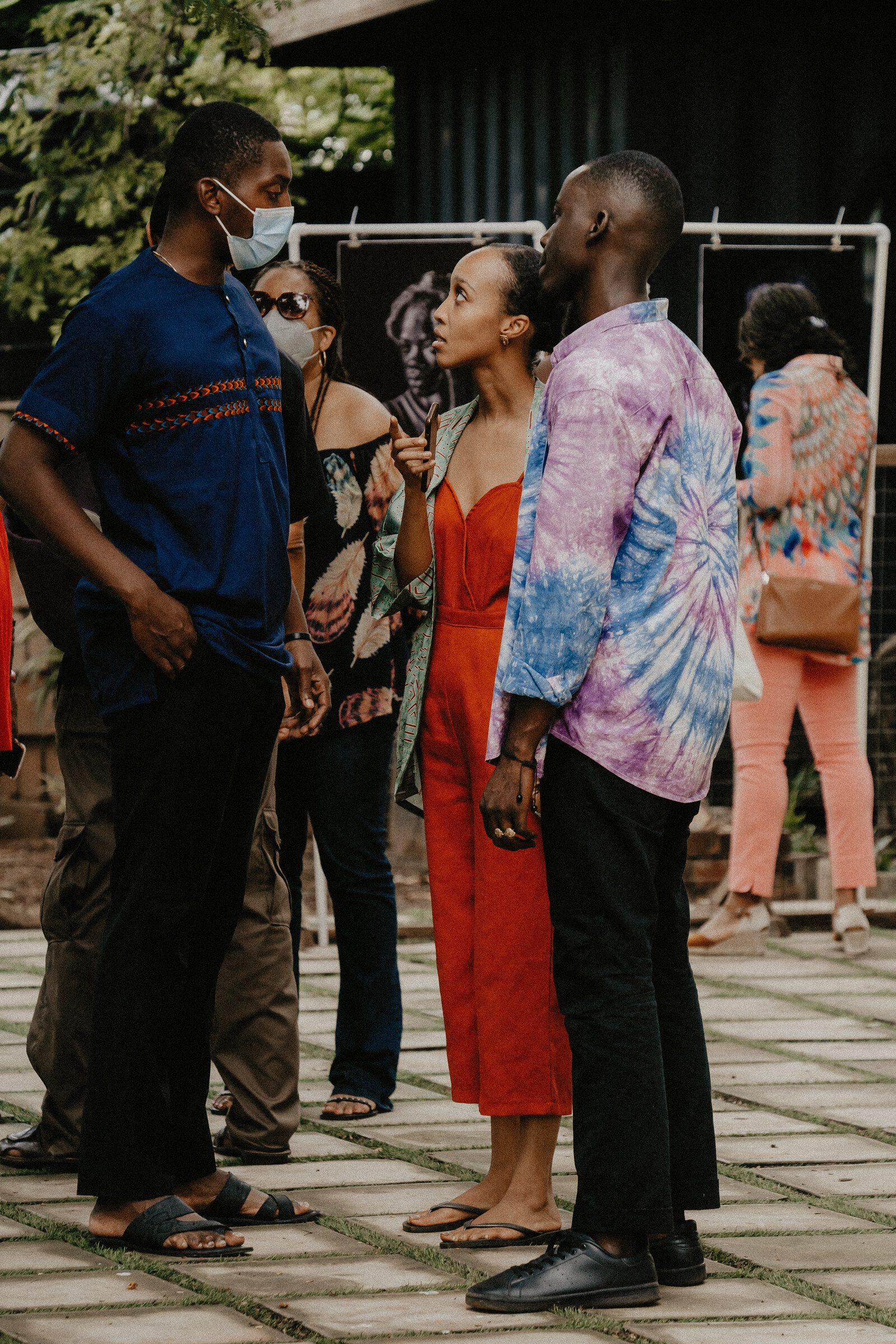
Photo by Arthur Nuno.
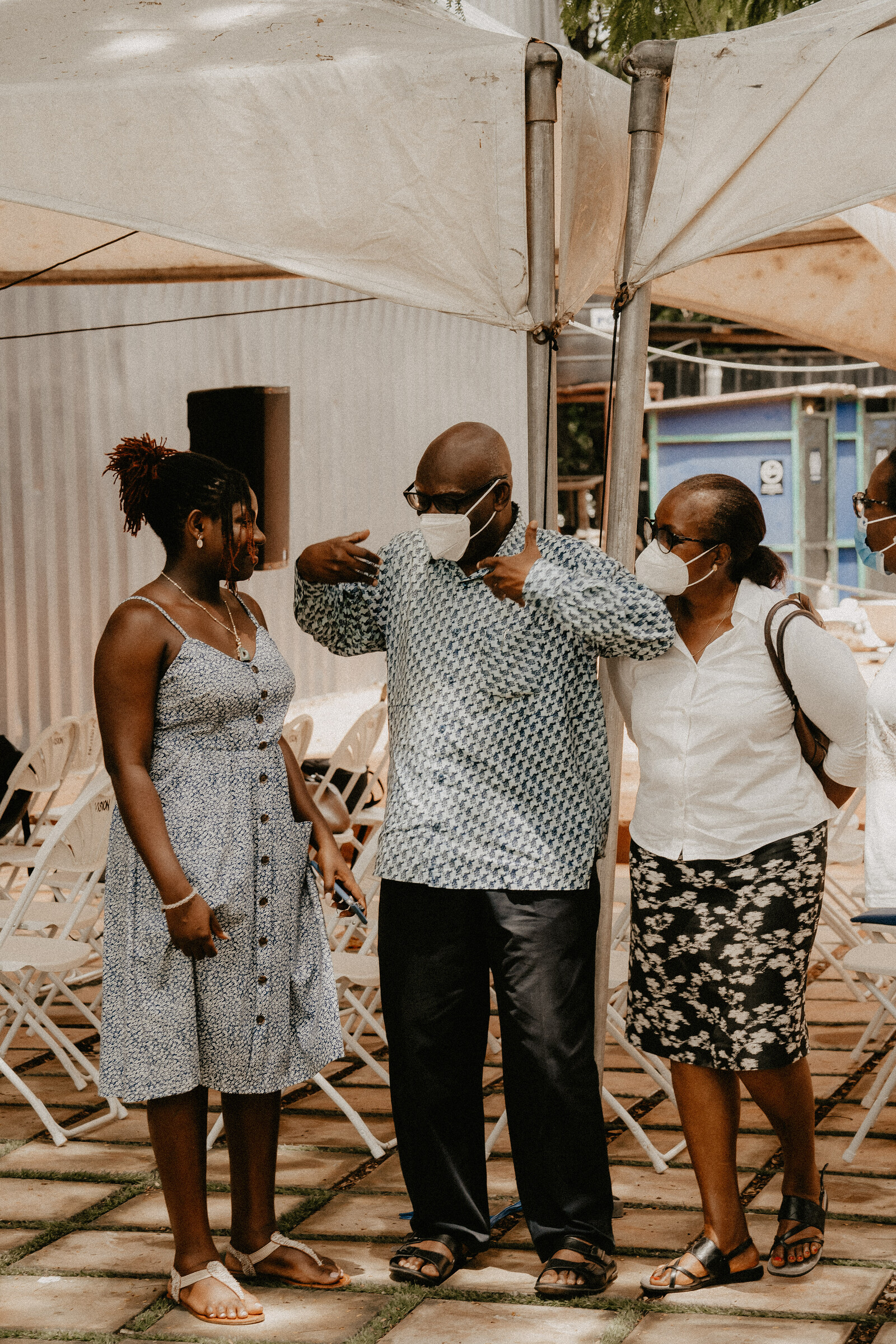
Photo by Arthur Nuno.
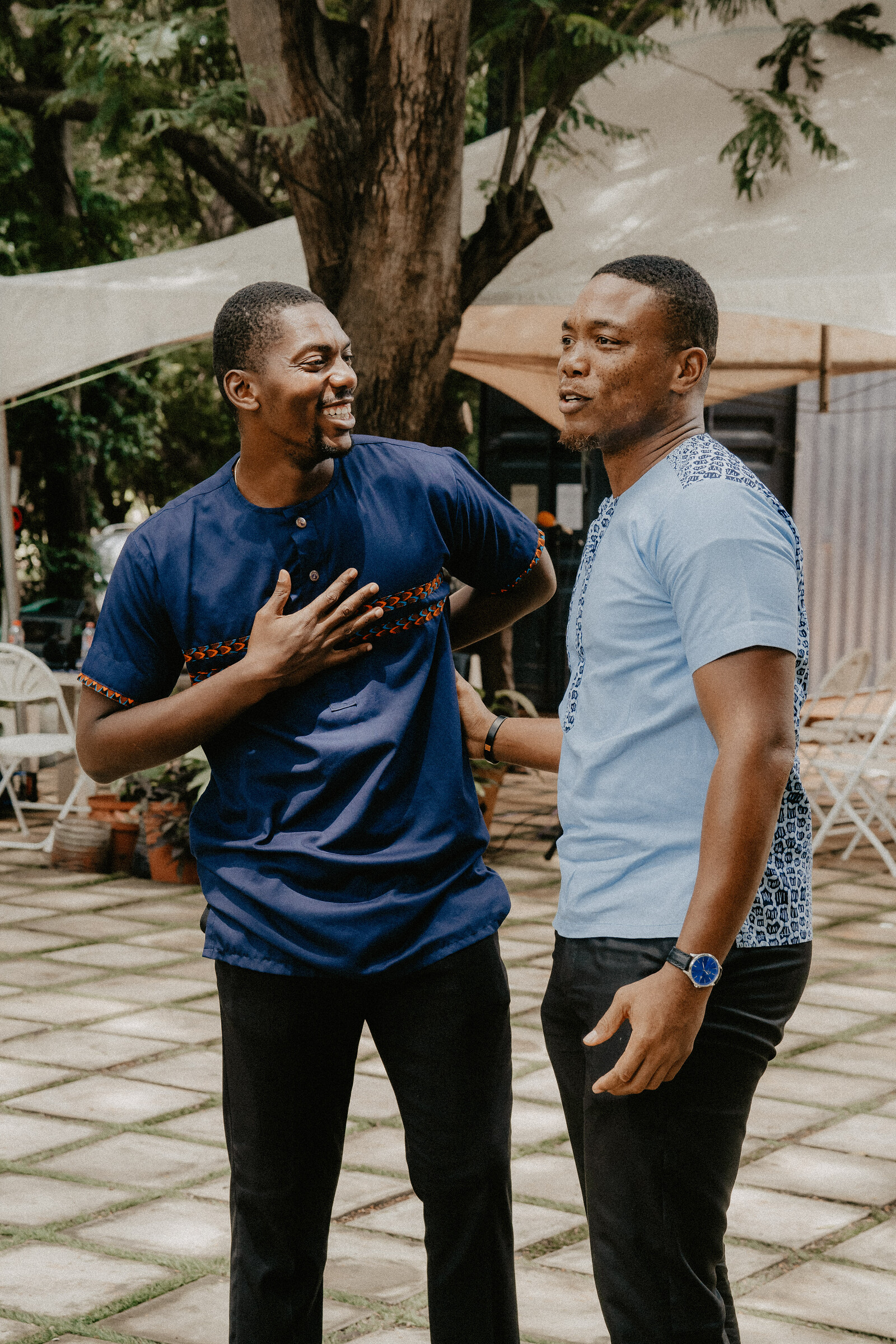
Photo by Arthur Nuno.
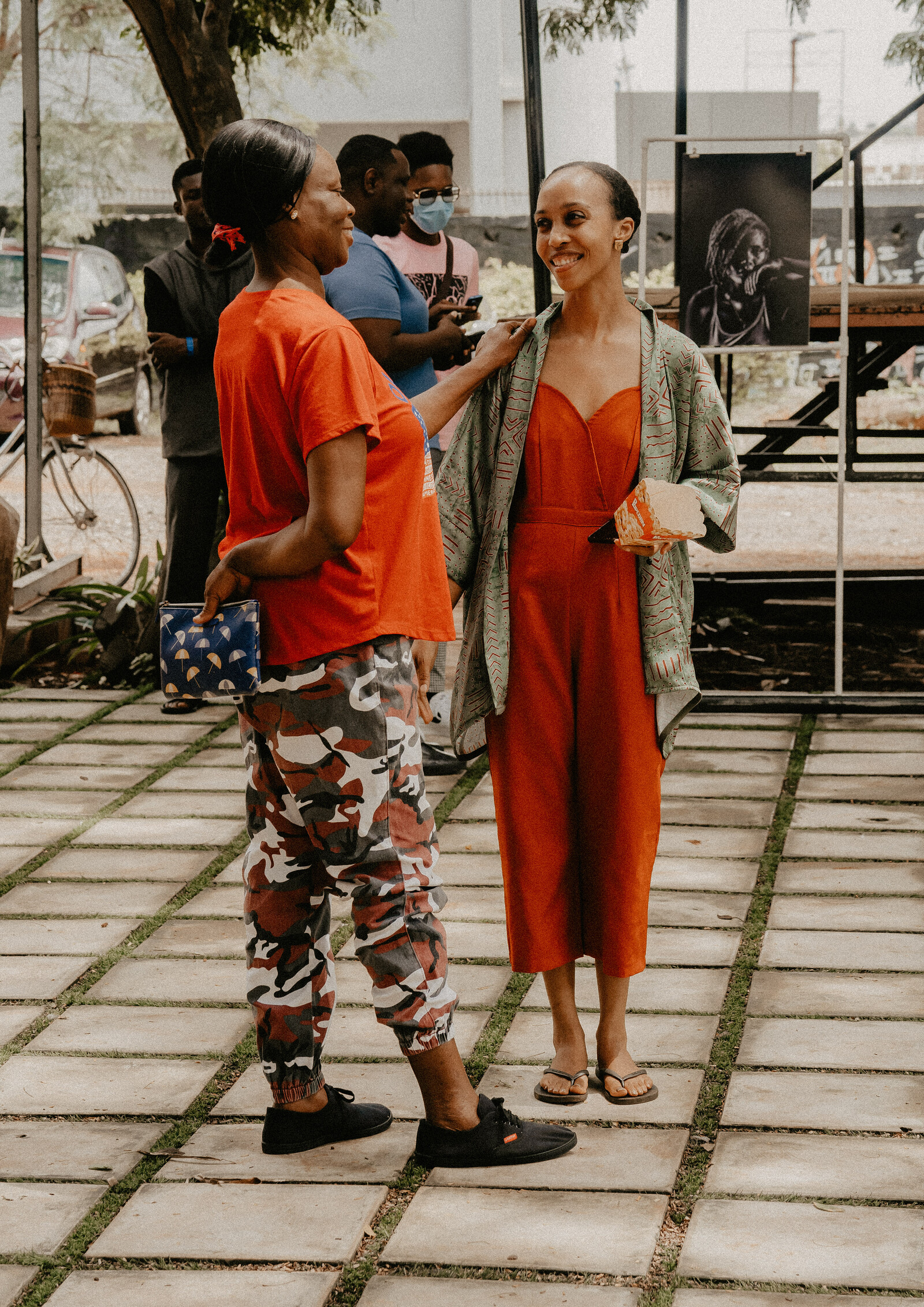
Photo by Arthur Nuno.
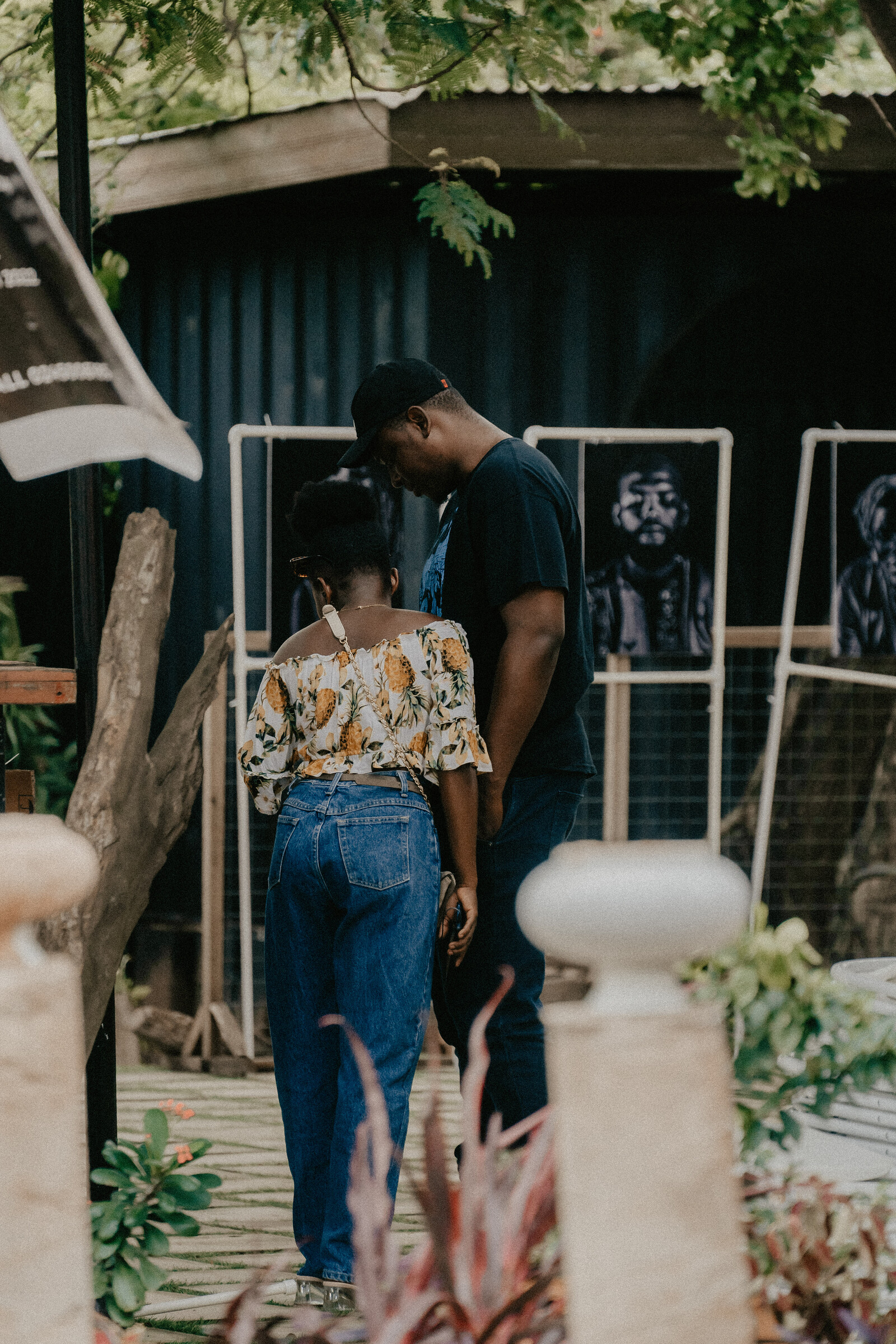
Photo by David Maja.
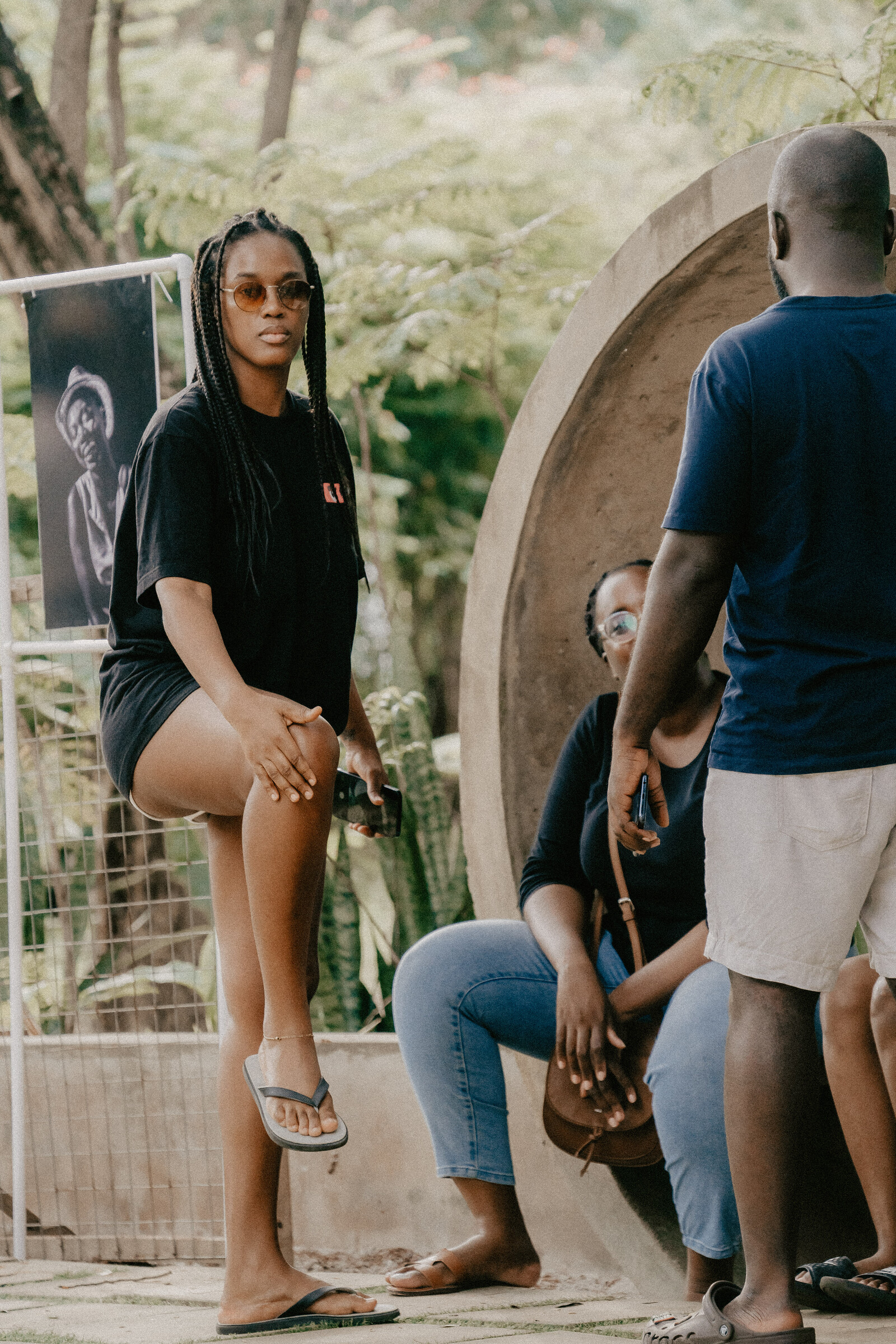
Photo by David Maja.
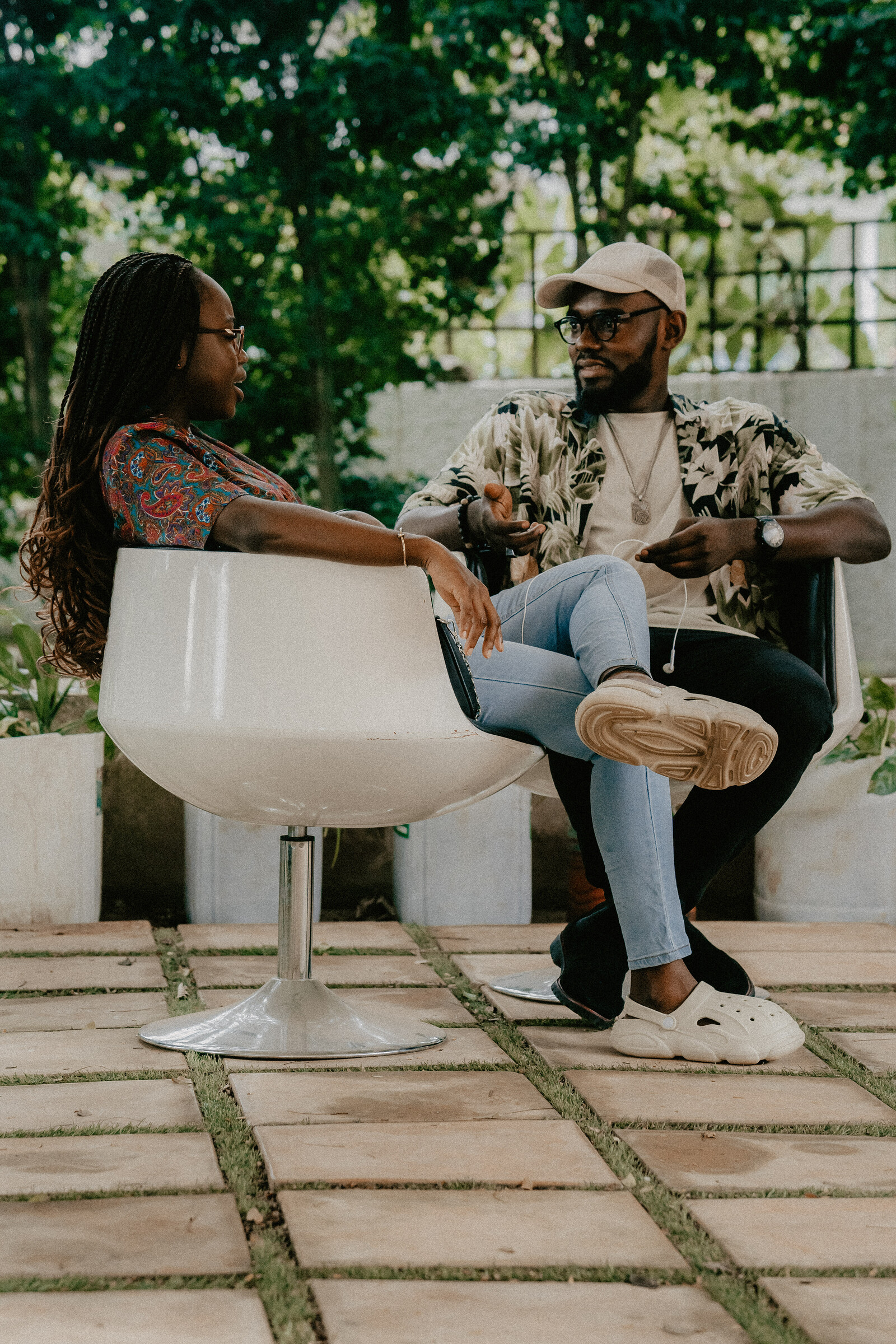
Photo by Arthur Nuno.
Photo by Arthur Nuno.
David Addo Gyan, singer-songwriter/filmmaker
Terra Alta is many things to many people. For artists, it’s fertile ground for exploration, creation and community. For students, it’s a safe space to be wrong, to improve, to grow, and to share. And for the curious pedestrian, it’s a secret village by the way, a hidden break from the busy main road, the best part of a day well spent.
For me, Terra Alta has been a great space to create, test out new ideas, perform, or to simply enjoy the stillness of nature. The Terra Alta crowd is so diverse that you’re always just a conversation away from inspiration, a collaboration, or simply learning something new about someone, yourself or the world.
David Maja, photographer/artist
Terra Alta provides an answer to the creative souls within Accra looking for a place to grow, to belong to and push their energies into. An artist-led space such as Terra Alta that projects freedom of expression is in tune with nature and is calming. It is rare in Accra. With its presence, Terra Alta gives any creative person the freedom needed to express themselves. It lets artists explore ideas and thoughts and see what comes out of this exploration. It is a safe space to make mistakes and grow from these experiences without any fear of judgement which is needed.
The purpose of a space is to bring people together. Having a space such as Terra Alta presents the opportunity for relationships to be fostered between communities over time. It can become a common ground that communities use as a means of fostering collaboration and building goodwill. It also becomes a space known to younger audiences, and from that, it will naturally develop a pool of talent.
Platforms for talent are greatly needed by the younger generation from all walks of life, who need skill sets to further themselves in life depending on where they have to begin their individual journeys from.
Spaces that help to bring ideas to life, grow people’s minds and provide a sense of safety are not abundant in Accra. Art is still not seen locally for what it should be, and because of that, it’s not as valued. However, Terra Alta sets the standard for what can and should be achieved, for what contributes to changing the narrative. Being an immovable space, with the effects of time it will reach out to the city’s various scenes and cultures and become integrated within the minds of people and will attract various subcultures to the space.
I think a long-term effect will be grooming a different generation who have access to opportunities worldwide, or even understand better how they can move around in the world with their gifts and creativity. It’s different growing up and knowing from the get-go the options you can potentially have based on what you can do. Not a lot of people in the arts knew at a young age what other paths they could take. Terra Alta will be able to educate and instill the basic knowledge required by a multitude of artist and creatives within Ghana.
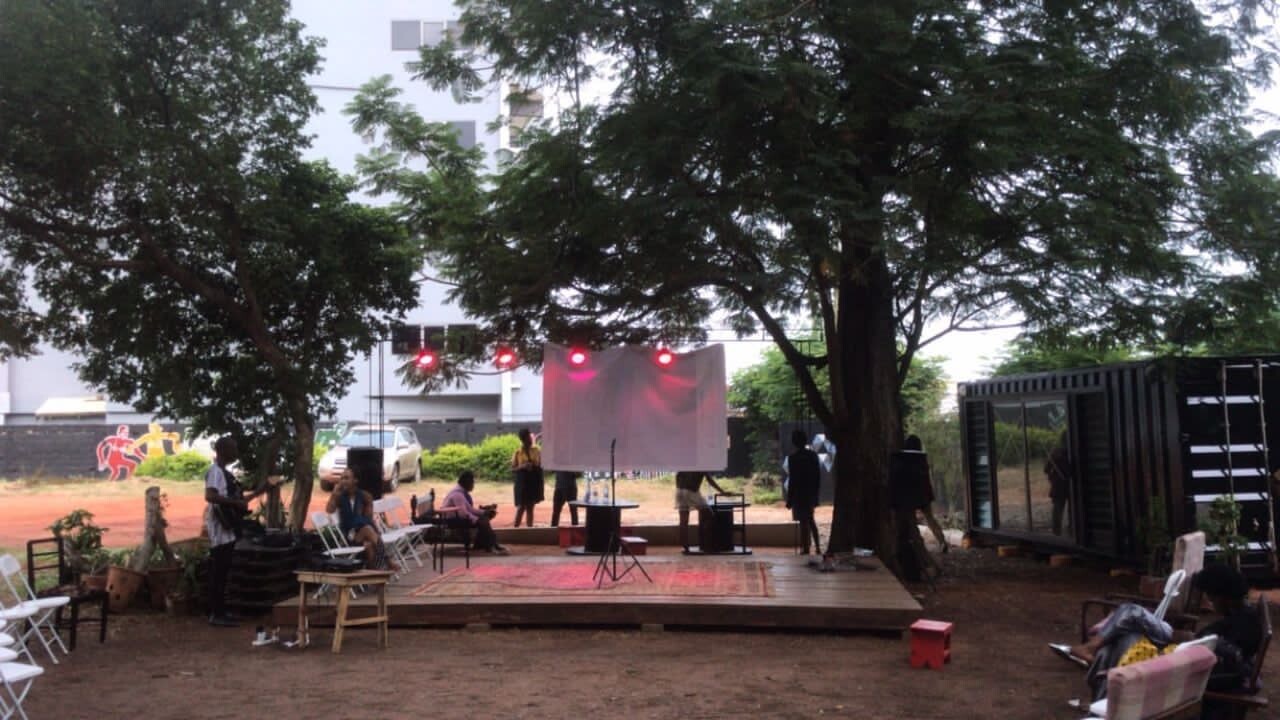
Terra Alta in 2022. Photo: Elsie Amelia Tachie-Menson.
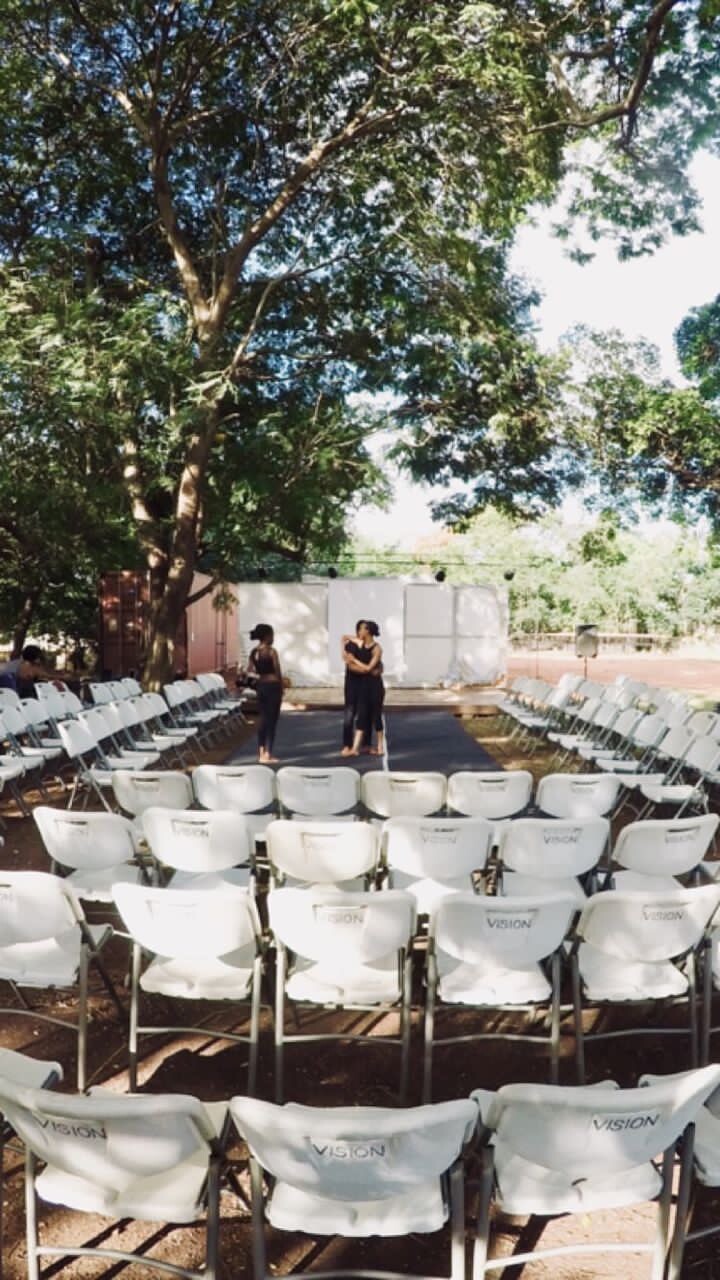
Terra Alta in 2022. Photo: Elsie Amelia Tachie-Menson.
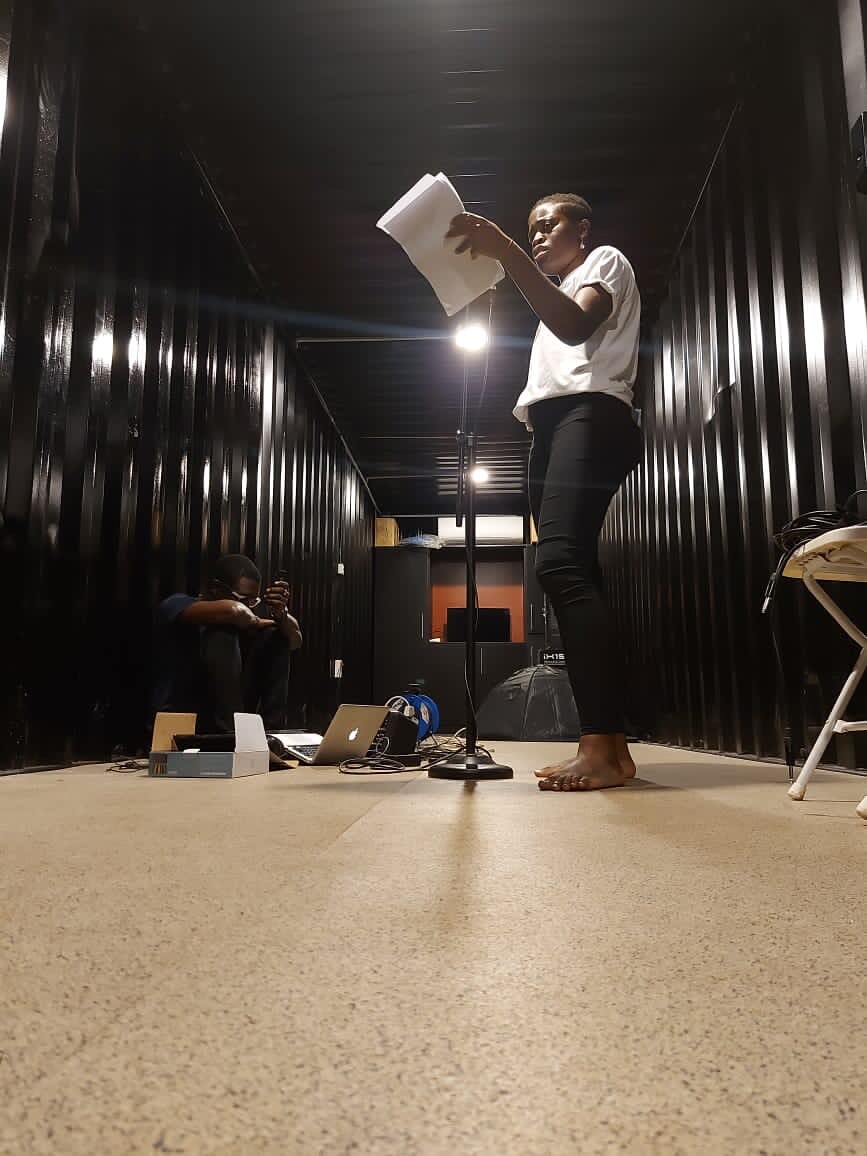
Terra Alta in 2022. Photo: Elsie Amelia Tachie-Menson.
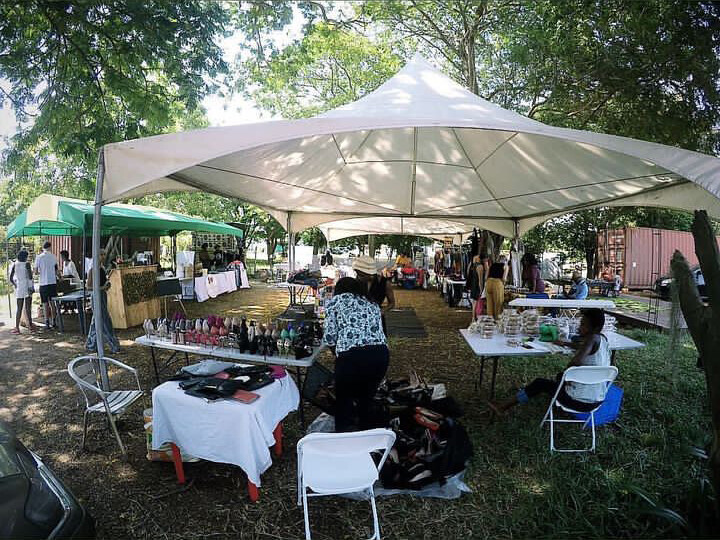
Terra Alta in 2022. Photo: Elsie Amelia Tachie-Menson.
Terra Alta in 2022. Photo: Elsie Amelia Tachie-Menson.
Elsie Amelia Tachie-Menson
My very first brush with Terra Alta was at the Dzorwulu Flea Market. It was a kaleidoscopic scene: food, African jewelry, handmade crafts, and clothes sold in the middle of a level, plain piece of land. It was neither shabby nor glitzy, but definitely plain. This was a sunny weekend in November 2017.
It’s changed quite a lot since then. Many people’s first encounters at Terra Alta, like mine, were just to buy some Ghana-made or handmade products. With a heavy emphasis on African history, the initiative was modeled after a typical Ghanaian courtyard. Since then, Terra Alta has established itself as a destination for artists, curators, art fans, and a shelter for artists of many disciplines, thanks to the leadership of dance artist Elisabeth Efua Sutherland.
As a unique location offering its own peculiar and esoteric experience, Terra Alta fits nicely into the modern Ghanaian art scene(s). With almost no other welcome locations in Ghana for musicians to rehearse and regroup, Terra Alta fills an obvious gap. The place provides space for rehearsal, hibernation, incubation, and residencies with its free access and equal admittance policy and continual outreach to artists.
Terra Alta is creating a community of artists who are self-assured and continually inspired. The space borrowed its name from Latin origins, which translates to “high earth.” Elisabeth, who comes from a family of architects, welcomes this notion because she understands and recognizes the importance of space and its availability to a culture of young artists who require grounds to develop. She is optimistic as she envisions that every such venture is an uphill battle, pressing on to higher grounds.
While patronage of the space has staggered in these years due to Covid and other factors, it is steadily increasing. Progress! Nonetheless, this dynamic has been one of the most significant concerns for the space’s leadership. A little dissatisfaction with the patronage, despite the fact that the facility provides free dance and music workshops, rehearsals, meditation sessions, art presentations, and concerts. Perhaps five years is too short a time span to anticipate hundreds of individuals to sign up.
On any given month, you can expect to see a breezy outdoor scene, an unusual flea market, meet creatives and artists, participate in free creative workshops (in music and dance), and enjoy the final works/productions of artists who have rehearsed or been in residence at the location. Whether you’re a creative/artist or not, there’s a gratifying experience to be had. You may look around Accra for a similar location that provides these social, economic, and cultural experiences, but you are unlikely to find one as well planned out as Terra Alta. For me today, as a photographer and writer, Terra Alta, has become a one-stop place for both refined and rough-edged artistic experiences. I will still pass through the flea market, but it is far more than that. Five more years down the line, the space promises to contribute to the development of local and international artists on the continent and in the diaspora. I can’t wait!
Kate Wand, teacher from a neighboring school
Terra Alta fosters/is a place of: community care and healing. After the lockdown and reopening of the borders, Terra Alta created a space to safely meet. Neighbors were able to connect and reconnect with each other. It brought us back to our shared humanity and healed some of the emotional wounds, the loneliness and disconnect brought by the pandemic. Terra Alta offered an opportunity to be in community, to feel connected, and to envision new ways forward.
Terra Alta fosters/is a place of: deeper, experiential learning. It is place of resource. Through the expertise, consultations, and workshops offered, Terra Alta fosters the creative development and deepening of skills for students as well as for teachers and folks who work in education. Opportunities for young people to participate in productions and interact with professional artists fosters a deeper understanding of the performing arts industry than school curriculums are able to provide. The short-term effect of this is that students are able to meet the requirements of their courses. (In the case of the International Baccalaureate, workshops and productions with Terra Alta fulfill course requirements for the Diploma Program Theater course.) Long-term effects are that these opportunities at Terra Alta provide students with a life-long understanding of the arts and professions in the industry.
Terra Alta fosters/is a place of: belonging. When I first moved to Accra (two years ago!) I felt a sense of ease whenever I came to Terra Alta. Theater folk are each other’s extended family—distant cousins stretched across communities throughout the world. I felt the spirit of community, connection, and grounding through Terra Alta. I am personally very grateful for Terra Alta’s welcome as I settled into the city.
Terra Alta fosters/is a place of: participatory practice. Terra Alta fosters space for dialogue. There is an implicit throughline of active discourse in the programs and performances I have attended. I feel an invitation and solicitation to engage, to question, consider, and participate in conversation, inquiry, and collaboration. Terra Alta both preserves and shapes culture. Terra Alta incites a love for the movement of people and thought (over isolation, stagnation, and inactivity). Through this, we understand ancestral pasts connected to our individual and collective power to create dynamic futures.
Sena Asante, photographer, former employee, current friend
For me, as a photographer, Terra Alta has been a learning space. It was a space where I could come in with my camera and experiment with anything in the space. And for the community, it was a space where we could just walk in and see different types of art, have conversations and new experiences. I learnt a lot of things just coming into Terra. Every time I enter Terra, there’s always something new to learn.
Interdependence is a collaboration between e-flux Architecture and OtherNetwork, a project by ifa (Institut für Auslandsbeziehungen) together with cookies.
